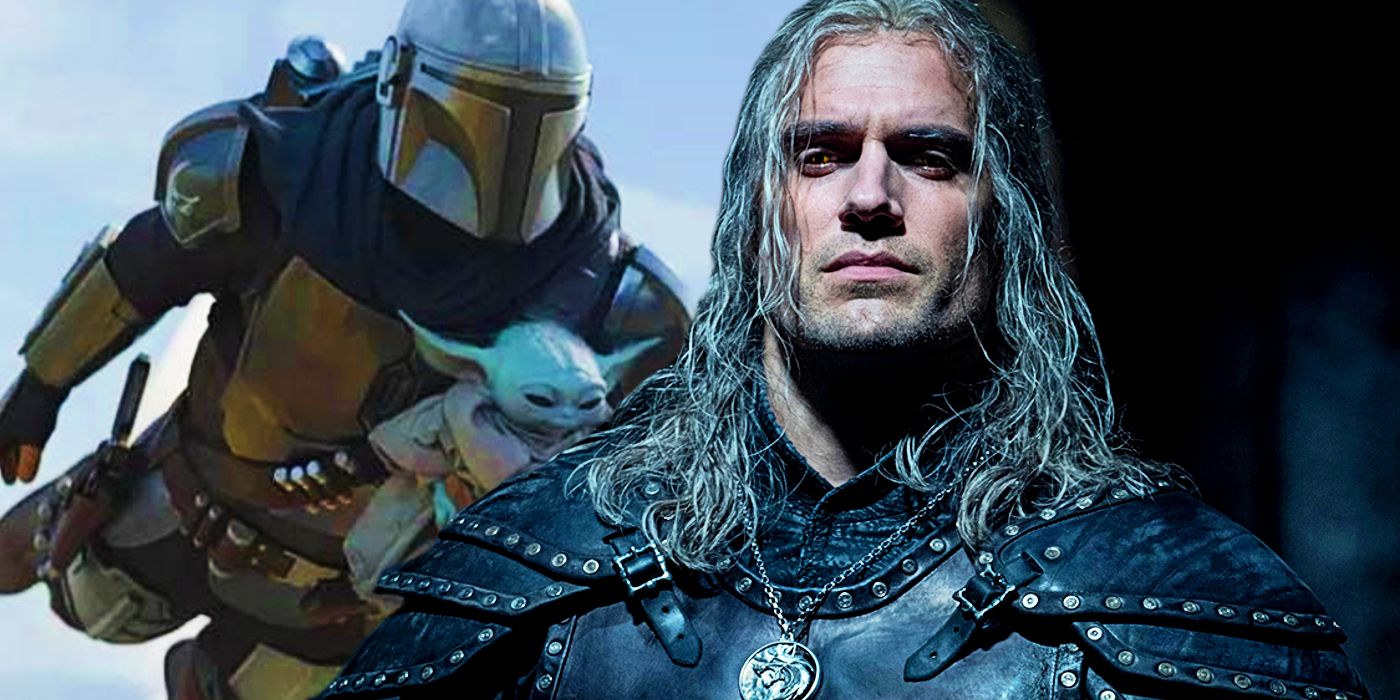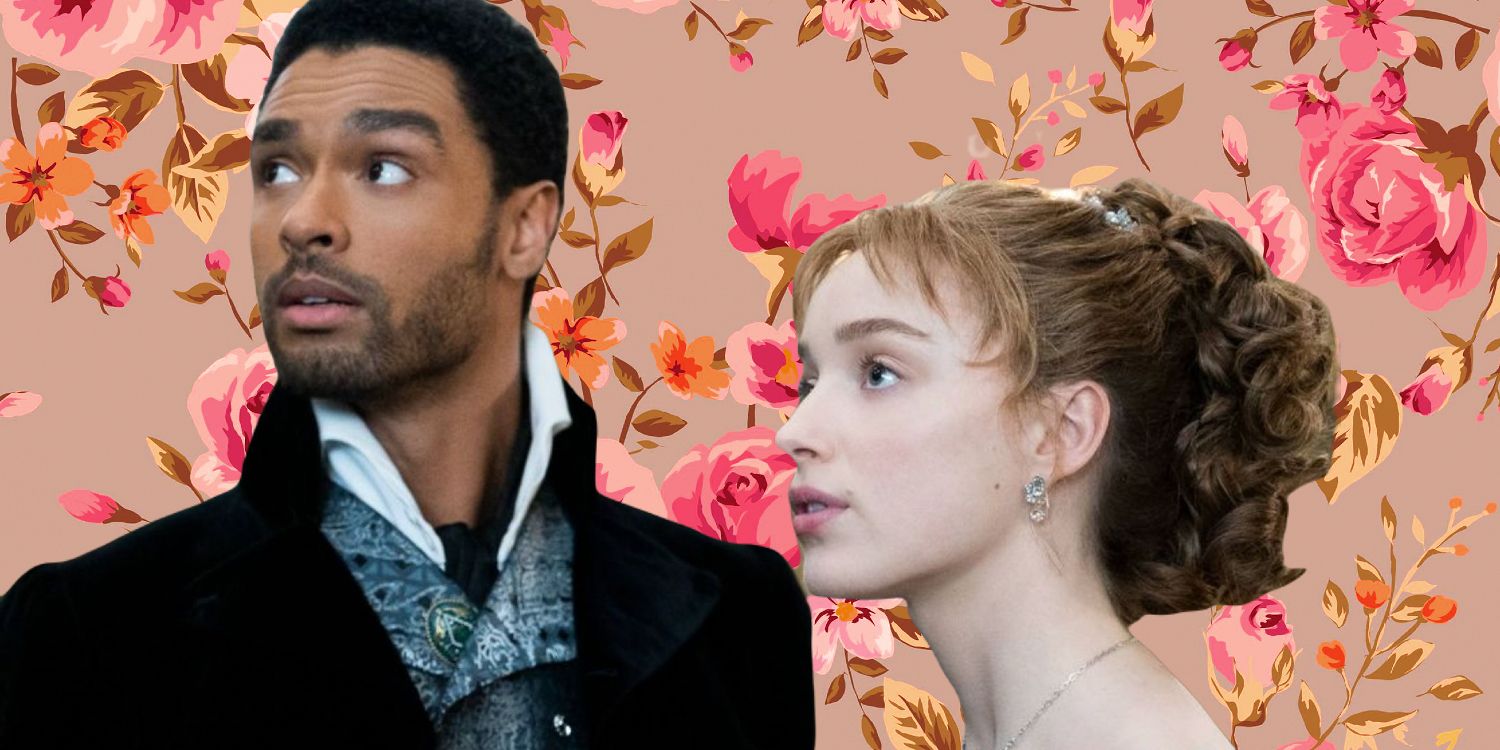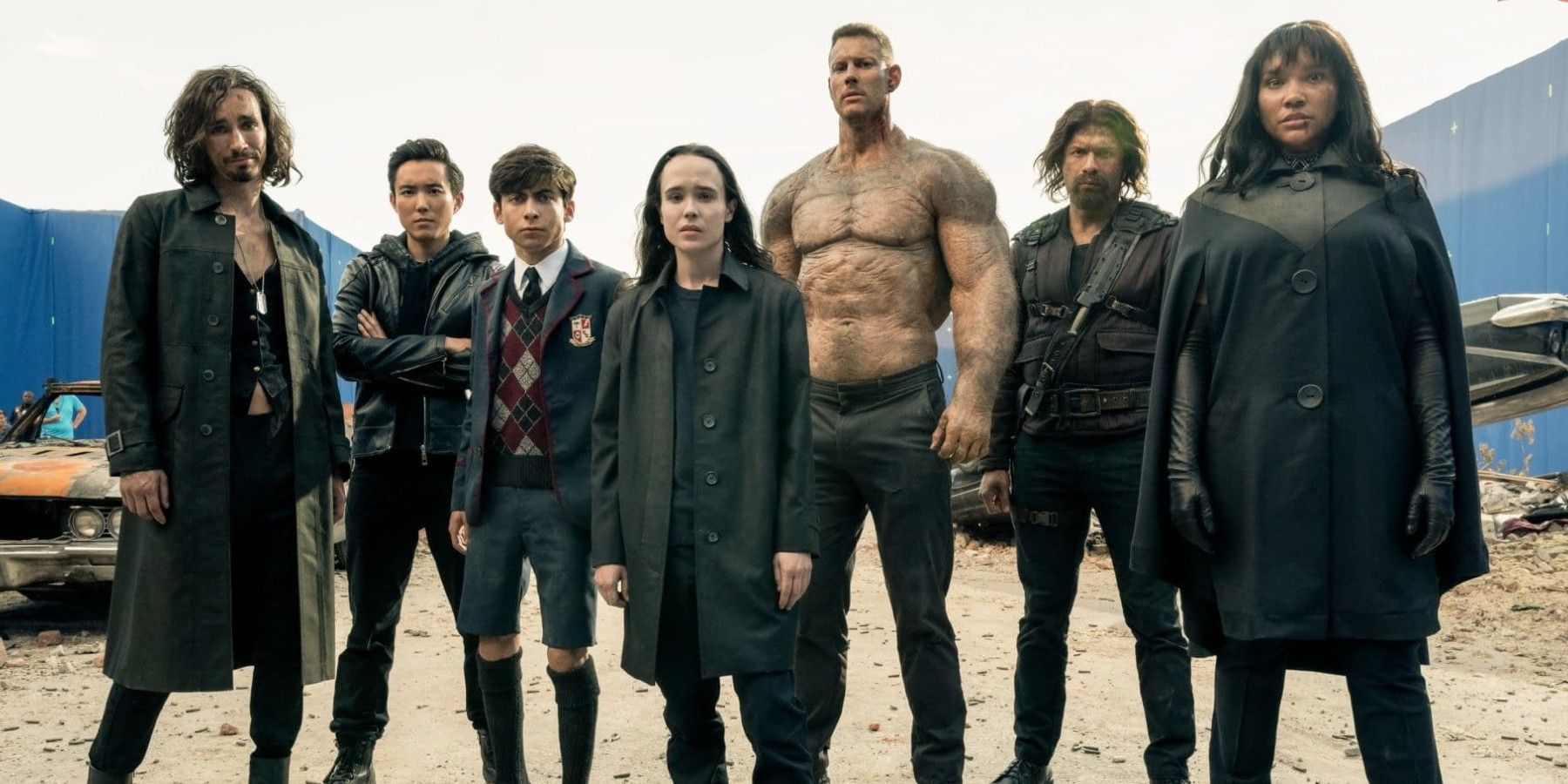Disney Still Has A Long Way To Go Before Beating Netflix
Disney+ Still Has A Long Way To Go Before Beating Netflix
Contents
Disney+ has been a remarkable success, but data from Netflix confirms it still has a long way to go to beat its biggest rival streaming service.
You Are Reading :[thien_display_title]

As successful as Disney+ may be, it still has a long way to go before it can beat Netflix. When Disney launched their streaming service in late 2019, industry analysts originally predicted it would hit what they called the “ambitious target” of 50 million subscribers by 2020. That would have been viewed as a tremendous success, including by Disney, but reality proved even better for the House of Mouse. Disney+ passed 100 million subscribers in March 2021, and current projections suggest Disney+ will hit 294 million subscribers by 2026 – beating Netflix’s projected 286 million for that year.
The streaming wars have certainly heated up, but the front-runners are undoubtedly Netflix and Disney+. Other streaming services are expected to trail behind these two, with predictions Amazon’s Prime Video service will reach 184 million by 2026, HBO Max will reach 50 million, and Apple TV+ will reach just 11 million. Disney will be relieved to see their pivot to streaming has paid off so well, especially in light of the coronavirus pandemic that has affected its other revenue streams.
And yet, for all that’s the case, there’s no room for complacency about the rise of Disney+. The reality is that Disney+ has a long way to go before it can truly beat its more established rival, both in terms of the variety of programs on offer and even in basic functionality. Rather than consider the number of Disney+ subscriptions evidence the job is done, the Mouse House needs to build on the foundation of this success in order to make something truly revolutionary.
Netflix Has A Better Variety Of Successes

Netflix is traditionally wary of discussing the performance of individual shows, and indeed actual viewership data is a closely-guarded secret; still, in the context of increasing competition the streaming giant has begun to become a little more transparent about its data. Speaking at the Code Conference 2021, co-CEO Ted Sarandos revealed Netflix’s top performers; recent hits include Shonda Rhimes’ Bridgerton, the Russo brothers’ Extraction, Lupin, The Witcher, Enola Holmes, The Queen’s Gambit, Army of the Dead, and Sweet Tooth. It’s immediately clear just how diverse Netflix is, because this includes everything from romantic period pieces to foreign translations. It’s further interesting to note that, while Netflix is keen to develop franchises such as The Witcher and Stranger Things, they aren’t at all dependent on them. “Franchises are good, but what you want are hits,” Sarandos observed.
The contrast between Netflix and Disney+ is notable. Where Netflix produce content for a wide range of viewers, the majority of Disney+ content is geared towards families, immediately restricting the kind of shows Disney can release on their streaming service; although a more mature content base is available internationally under the Star banner, this doesn’t currently exist in the United States; in truth, Star still feels like something of an afterthought, an attempt to release content in markets that don’t have Hulu. The real hit of Disney+’s first year was actually Hamilton – third-party analytics suggest Hamilton was far bigger than The Mandalorian, increasing sign-ups by a stunning 641 percent. But the second year of Disney+ has been entirely dominated by franchises, with Marvel and Star Wars releases drowning out chatter about anything else. Disney+ has stumbled into the opposite position to Netflix, one where it is becoming increasingly dependent on franchises. Sarandos’ words feel amusingly pointed towards his main competitor.
Netflix’s Algorithm Is the Real Secret To Its Success

Netflix’s biggest advantage over Disney+, though, is its functionality. Some critics have complained Netflix lacks an identity, a unifying sense of brand, but they’ve missed the point; Netflix is fundamentally a data-driven company. Netflix has a vast content library, one that far outstrips Disney+, and there’s absolutely no way to navigate it easily; as a result, the streaming giant has invested a lot of its time and effort in creating sophisticated algorithms that analyze a user’s behavior and create an individualized experience for every user. The Netflix platform divides viewers into more than 2,000 “taste communities,” and films and TV shows are extensively micro-tagged with metadata in order to ensure they’re recommended to the right people. Netflix get more data on a viewer every time they check something out on the streaming service, improving the recommendations. The more someone uses Netflix, the better their experience will be. Researchers at Netflix claim people will switch off if they don’t find something within 60 to 90 seconds, so everything depends on the accuracy of the algorithm.
In contrast, Disney+’s functionality has room for improvement, and oddly enough that’s becoming clear through the streaming service’s handling of MCU content. To use an example, when the credits roll on the latest episode of a Marvel TV show, Disney+ simply recommends they watch another – and the recommendation appears to be a fixed one, regardless of whether or not the viewer has only just watched that other series a week ago. In contrast with Netflix’s sophisticated programming, Disney+’s seems to be quite basic, a “one-size-fits-all” approach that works for now because it doesn’t have all that much content. It’s also significant that this functionality reinforces the franchising, rather than encouraging a viewer to engage with the wider range of content on Disney+; someone who checks out one Marvel TV show will simply be pointed to another, not to a series that sits elsewhere but is thematically or stylistically similar. This suggests people are engaging with Marvel and Star Wars, not necessarily with Disney+ itself. Meanwhile, it’s worth noting third-party analytics suggest none of the Marvel and Star Wars series have overthrown Stranger Things’ position as the long-standing most in-demand TV show worldwide for more than a few weeks.
–
Disney+ can undoubtedly be considered a remarkable success, and it’s quite possible projections that the streaming service will have more subscribers than Netflix by 2026 are correct. But the streaming wars are far from over, and right now Disney+ is still the new kid on the block, currently overly dependent on two major franchises. Netflix embraces franchises – a Bridgerton spinoff is in the works, Stranger Things spinoffs are soon to launch, and The Witcher has become the foundation for a transmedia universe – but they aren’t dependent on them in the same way as Disney+. What’s more, in terms of basic functionality, Netflix is currently light-years ahead. Disney+ still has a long way to go.
Link Source : https://screenrant.com/disney-plus-netflix-streaming-wars-subscribers-content-beat/
Movies -Final Destination 6s New Story Is Perfect For 2020
Every Mead Starter Recipe in Valheim (& How to Craft Them)
Baz Luhrmann 5 Ways Moulin Rouge Is His Best Work (& 4 Its The Great Gatsby)
Bright Memory Infinite Trailer Titanfall Meets Cyberpunk and RYSE
Bachelorette Everything To Know About John Hersey From Katie’s Season (Possible Spoilers)
Cowboy Bebop World Explained Syndicate Woos Currency & More
Creed II Made Rocky IV Into A Better Movie
